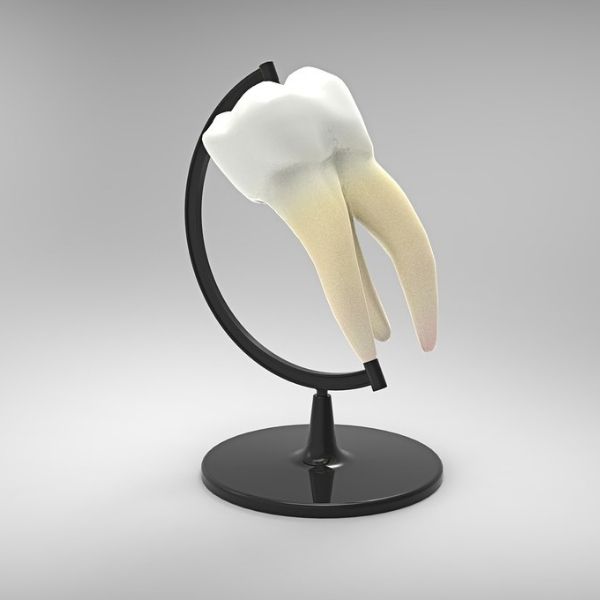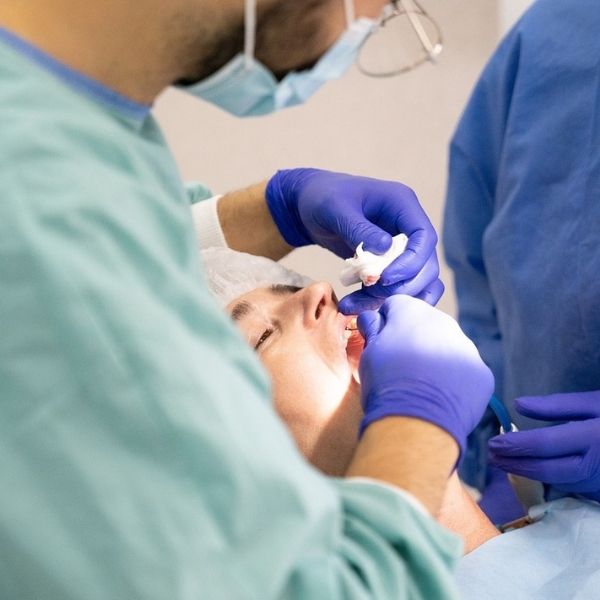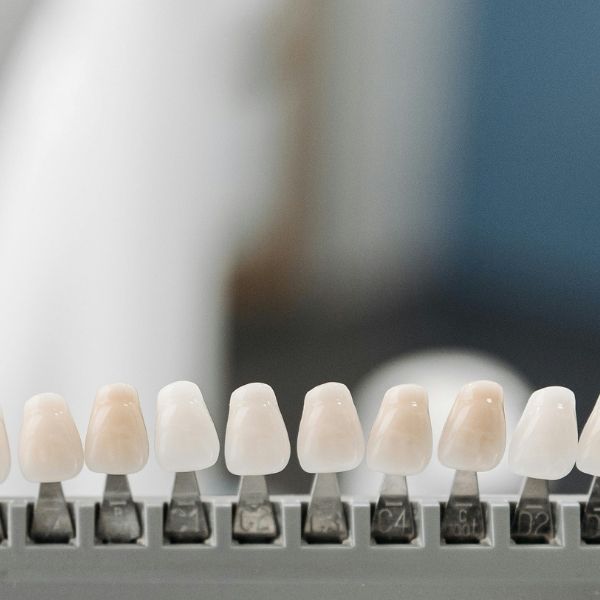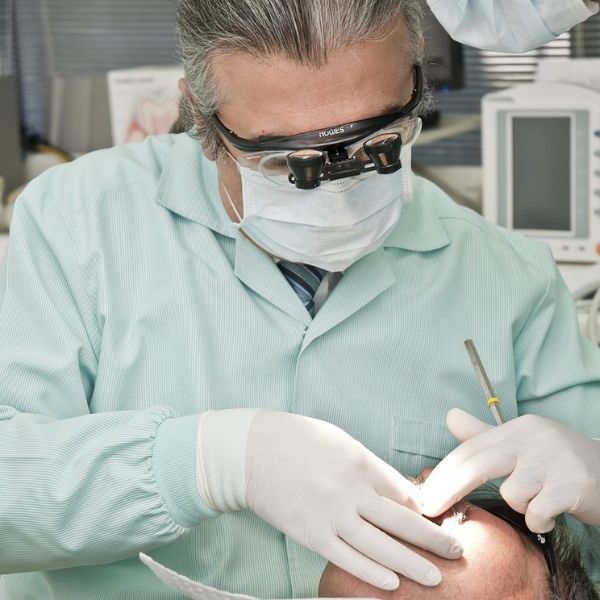How to restore your smile after losing teeth, you’ve likely come across the phrase single tooth vs. multiple teeth replacement options. When faced with missing one or more teeth, it’s essential to understand the choices available to you. Whether you need to replace a single tooth or multiple teeth, there are modern, effective options to restore your smile and oral functionality. In this article, we’ll explore the different approaches to single and multiple teeth replacement, the advantages and disadvantages of each, and how to determine the best solution for your specific dental needs.
Why Is Tooth Replacement Important?
Before comparing single tooth vs. multiple teeth replacement options, it’s crucial to understand why replacing missing teeth matters. Missing teeth can cause various oral health issues, such as:
- Shifting of neighboring teeth: When a tooth is missing, surrounding teeth may drift into the gap, leading to misalignment.
- Bone loss: Your jawbone relies on the presence of tooth roots to maintain its density. When a tooth is lost, the bone can start to deteriorate.
- Difficulty in chewing and speaking: Missing teeth can affect how you chew and pronounce certain sounds.
- Increased risk of decay or gum disease: Gaps in your teeth can become breeding grounds for bacteria, leading to other oral health issues.
Addressing missing teeth with the right single tooth vs. multiple teeth replacement options can help prevent these problems and restore both your confidence and oral health.
Single Tooth Replacement Options
If you are missing only one tooth, the following single tooth vs. multiple teeth replacement options are commonly recommended.
- Dental Implant for Single Tooth Replacement
Dental implants are often considered the best option for replacing a single missing tooth. A titanium post is surgically inserted into the jawbone, mimicking the function of a tooth root. Once healed, a custom-made crown is attached to the implant, completing the restoration.
Benefits of Dental Implants for Single Tooth:
-
- Closest to natural teeth in terms of appearance and function.
- Helps prevent bone loss by stimulating the jawbone.
- Does not require altering surrounding teeth.
- Long-lasting, potentially lasting a lifetime with proper care.
Drawbacks:
-
- More expensive than other options.
- Requires surgery and a healing period.
In comparing single tooth vs. multiple teeth replacement options, dental implants are the most permanent solution for a single missing tooth.
- Dental Bridge
A dental bridge is another popular option for replacing a single tooth. It involves creating a prosthetic tooth (called a pontic) that is supported by adjacent natural teeth, which are often crowned to provide the necessary support.
Benefits of Dental Bridges for Single Tooth:
-
- Quick and non-invasive compared to implants.
- Restores your ability to chew and speak effectively.
Drawbacks:
-
- Requires filing down adjacent healthy teeth.
- Does not prevent bone loss, as it only replaces the crown, not the root.
If you’re considering single tooth vs. multiple teeth replacement options and want a faster solution without surgery, a dental bridge may be a suitable choice.
- Removable Partial Denture (RPD)
Though less common for a single tooth, removable partial dentures can also serve as a replacement. These are custom-made, removable prosthetics that attach to nearby teeth with metal clasps.
Benefits of Removable Partial Dentures:
-
- Less expensive than implants or bridges.
- Easy to remove for cleaning or adjustments.
Drawbacks:
-
- Less stable and secure than fixed options like implants or bridges.
- Can be uncomfortable and may affect speech or eating.
When evaluating single tooth vs. multiple teeth replacement options, RPDs are often considered more temporary or budget-friendly, though less ideal for long-term use.
Multiple Teeth Replacement Options
When multiple teeth are missing, the choice of single tooth vs. multiple teeth replacement options becomes more complex, as larger areas of the mouth may need to be restored. Here are some of the most common solutions for replacing multiple teeth:
- Dental Implants for Multiple Teeth
If you are missing several teeth, dental implants can still be an effective solution. Instead of replacing each tooth individually with an implant, implant-supported bridges or dentures can replace multiple teeth using fewer implants.
Benefits of Dental Implants for Multiple Teeth:
-
- Prevent bone loss and maintain jaw structure.
- Long-lasting and highly durable.
- Natural appearance and functionality.
Drawbacks:
-
- Higher upfront cost compared to other options.
- Requires a surgical procedure and longer recovery time.
In the discussion of single tooth vs. multiple teeth replacement options, implant-supported restorations are a highly effective solution for those missing several teeth.
- Implant-Supported Dentures
Implant-supported dentures, also known as overdentures, are ideal for patients missing most or all of their teeth. These dentures snap onto a few strategically placed implants, offering a more stable alternative to traditional removable dentures.
Benefits of Implant-Supported Dentures:
-
- More secure and stable than traditional dentures.
- Helps prevent bone loss and supports facial structure.
- Can be removed for cleaning but offers better functionality than regular dentures.
Drawbacks:
-
- Requires surgery and a longer healing period.
- Higher cost than traditional dentures.
If you’re considering single tooth vs. multiple teeth replacement options for widespread tooth loss, implant-supported dentures offer the benefits of implants with fewer surgery sites.
- Fixed Dental Bridges for Multiple Teeth
Fixed dental bridges can also replace multiple teeth. This option involves placing crowns on natural teeth (or implants) on either side of the gap, with a series of artificial teeth spanning the space in between.
Benefits of Fixed Bridges for Multiple Teeth:
-
- Provides a permanent, stable solution.
- Does not require surgery like implants.
Drawbacks:
-
- Requires altering healthy teeth for support.
- Does not prevent bone loss as it only replaces the crowns.
When comparing single tooth vs. multiple teeth replacement options, fixed bridges offer a quicker alternative to dental implants, though they lack some of the long-term benefits.
- Traditional Dentures
For patients missing many teeth or a full arch, traditional removable dentures may still be an option. Full dentures replace all the teeth on the upper or lower arch, while partial dentures replace several teeth.
Benefits of Traditional Dentures:
-
- More affordable than implants or implant-supported options.
- Non-invasive and doesn’t require surgery.
Drawbacks:
-
- Less stable than implants or bridges.
- May require regular adjustments or replacements.
- Does not prevent bone loss.
In the con of single tooth vs. multiple teeth replacement options, traditional dentures remain a viable, though less comfortable, solution for those on a tighter budget.
Single Tooth vs. Multiple Teeth Replacement: Which Is Best for You?
The decision between single tooth vs. multiple teeth replacement options depends on several factors, including your oral health, budget, and lifestyle. For a single missing tooth, dental implants offer the most permanent and natural-looking solution. However, dental bridges can provide a quicker, non-surgical alternative. For multiple missing teeth, implant-supported bridges or dentures offer the stability and functionality of natural teeth, while traditional dentures remain a more affordable option.
Working with your dentist or oral surgeon is key to selecting the best option for your needs. They will evaluate the health of your remaining teeth, jawbone density, and any other factors that may impact your decision.
When it comes to single tooth vs. multiple teeth replacement options, there is no one-size-fits-all answer. Whether you’re missing one tooth or several, there are a variety of solutions available to restore your smile and protect your oral health. By considering your long-term goals, oral health status, and budget, you can make an informed choice that suits your unique situation. Consult with a dental professional to explore your options and regain the confidence that comes with a healthy, complete smile.





